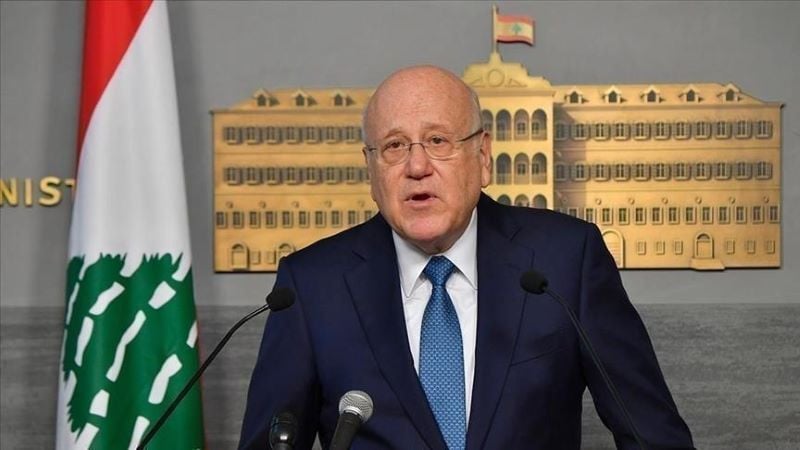Lebanon’s armed forces are not involved in the hostilities between Israel and Hezbollah, which began a year ago

News Desk
WASHINGTON: The United States has reportedly asked Lebanon to consider a unilateral ceasefire with Israel in an effort to revive stalled negotiations and reduce hostilities between Israel and Hezbollah. This proposal, conveyed by U.S. envoy Amos Hochstein to Lebanese caretaker Prime Minister Najib Mikati, has sparked conflicting accounts. While a senior Lebanese political source and diplomat indicated the U.S. is encouraging Lebanon to take the initiative for a truce, Mikati’s office swiftly denied this, insisting that Lebanon’s stance seeks mutual cessation of hostilities, backed by the implementation of UN Security Council Resolution 1701.
U.S. diplomacy, represented by Hochstein, appears focused on establishing a preliminary 60-day ceasefire as a pathway toward a more lasting peace framework, potentially opening the door to broader enforcement of Resolution 1701. Passed in 2006 to end the last significant Israel-Hezbollah conflict, this resolution mandates a cessation of hostilities, the disarmament of militias, and the establishment of Lebanese sovereignty in its southern regions. However, Lebanon’s capacity to engage in unilateral moves is constrained by Hezbollah’s significant political and military influence. Hezbollah, backed by Iran, holds considerable sway in Lebanon’s parliament and maintains a complex relationship with the Lebanese state.
Israel’s response, meanwhile, remains focused on its security posture, with Prime Minister Benjamin Netanyahu underscoring military strength over diplomatic accords. Speaking from Israel, Netanyahu dismissed the emphasis on negotiations, stressing Israel’s commitment to neutralizing perceived threats and arming attempts from adversaries, underscoring an intent to maintain defensive action irrespective of external pressures. Amid these dynamics, the likelihood of a unilateral ceasefire remains slim, given Hezbollah’s firm stance on ensuring any truce aligns with its own parameters, which it has not specified publicly.
Lebanon’s foreign policy remains tied to the political influence Hezbollah wields domestically, especially as it continues to hold Israeli military operations at bay along Lebanon’s southern border. With mounting casualties and destruction from ongoing hostilities, international diplomatic efforts may now hinge on persuading Hezbollah to support a broader peace initiative. The U.S.’s pursuit of a mediated ceasefire through Lebanese Speaker Nabih Berri, a Hezbollah ally, reflects this, though concrete progress remains elusive without Hezbollah’s buy-in.



